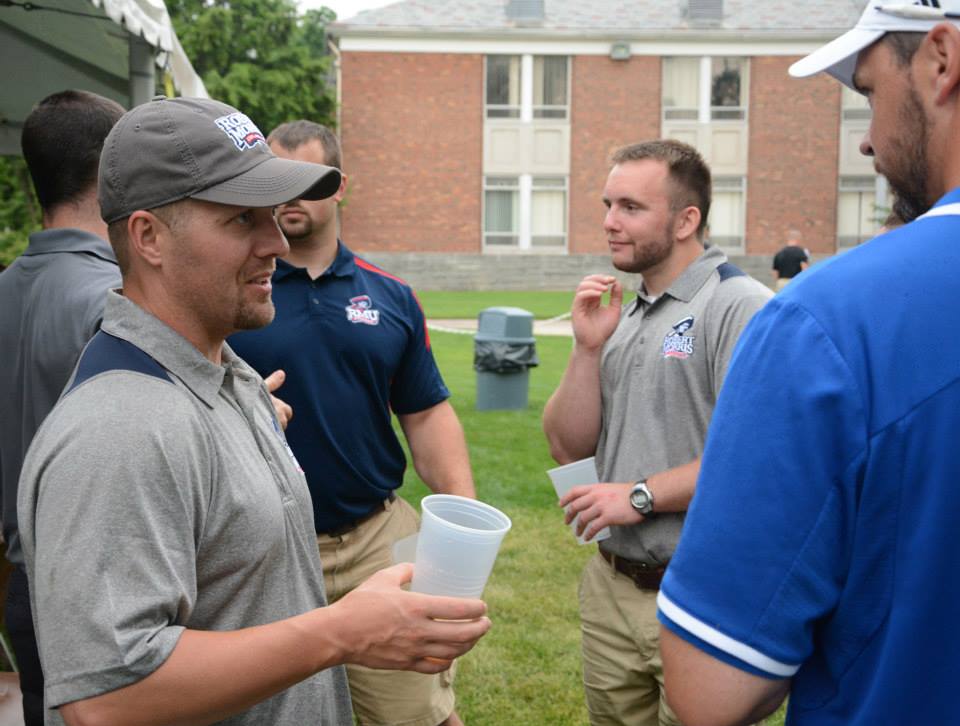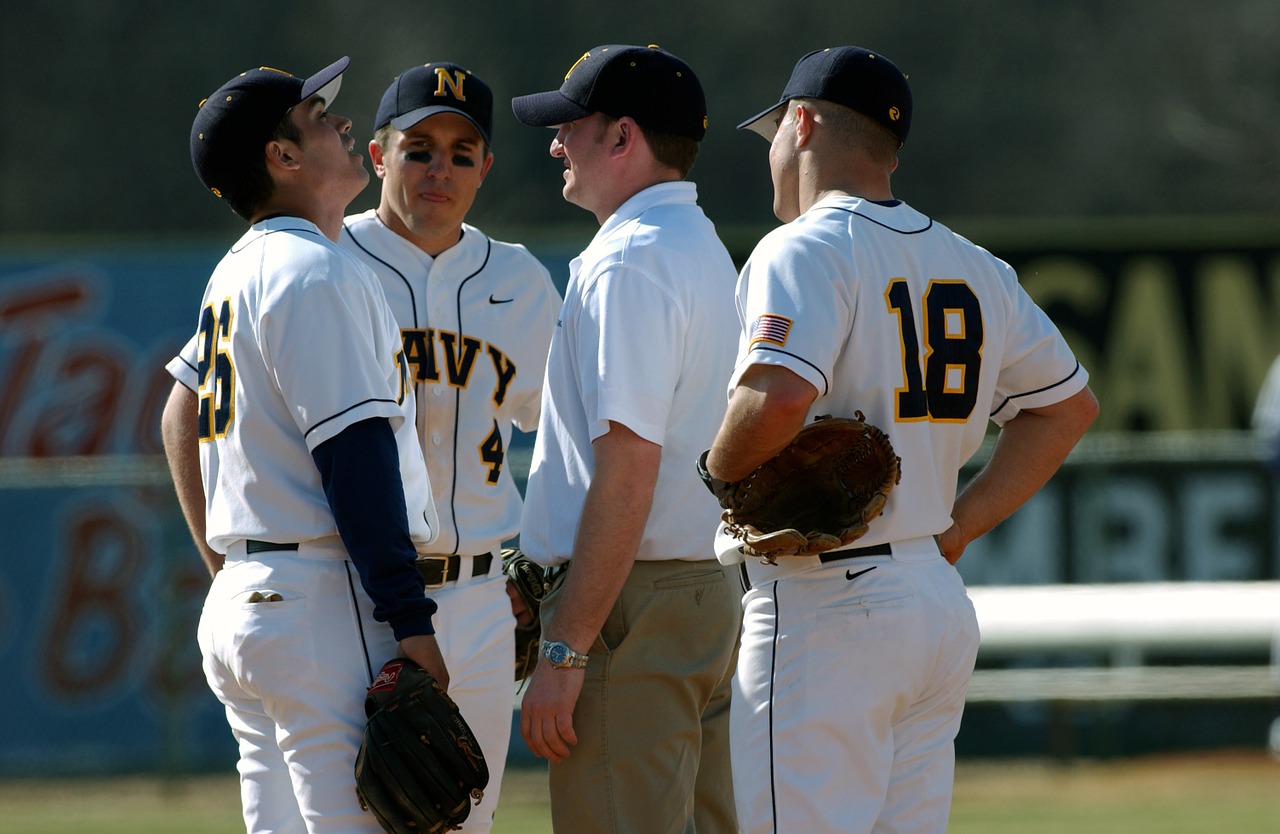
When I drive, I listen to books on CD, NPR, the BBC or one of the many podcasts that I enjoy. While I'm a musician and love listening to records, CDs, live music and the like, I've found that most radio music is average at best (yes, I've been called a snob or hipster).
With my commute of 6–10 minutes per day, I try to invest in myself during this time. It's important to take advantage of time when you have it and use it wisely. Yes, I may have the world's shortest commute, but it does add up. If I average 10 minutes each way per day, this comes to 20 minutes per day. With five days per week, I can get in 100 minutes per week of learning while others are listening to pop radio, or worse, sports talk radio. Over a year, I will get an extra 5000 minutes of educational time. If you add in road trips for conference and vacations, this time really starts to snow ball.
I realize that not everyone is like me and I respect that, but if I'm driving, I want to spend that time getting better. With all this in mind, I often hear something from a podcast that gets in my head and won't leave. A few weeks ago, this happened and it really changed how I look at my job.
I ran out for a quick coffee and drove there because of the wonderful Pittsburgh rain. While listening to a show called "Essential Pittsburgh," I heard a gentlemen ask the question, "When you are using technology, are you consuming, producing or engaging?" I've since tried to find out who said this, but I haven't been able to find it anywhere.
The person went on to say that if your child has your computer, is he or she just consuming as with the case of video games, or is your child producing? While typing this article, I'm producing something that hopefully helps others. Is your child engaging? Engaging was a much more complex topic, but your comments and mine on this article will engage us with one another.
"When you are using technology, are you consuming, producing or engaging?"
This brought me back to my weight room, and I asked myself, "Are we doing each of these things or all three? I'll break this down by who is present in the room.
Interns
Are you consuming your internship? I call these interns stopwatches. They can count time for me, but they do very little else to make me or the university any better. They are there for their own good and no one else's. As an intern, you should consume, but I highly recommend that you look at the other two more often.
Produce within your internship. What are you making? Are you making the athletes and coaches above you better? Part of your job is to make the people above you great at what they do and empower them to excel so that you are irreplaceable to them.
Engage with everyone that you can. This is a tough one with interns. The boss may limit how much engaging you can do with the athletes or other coaches, but I would rather see an intern try to coach and be wrong then never engage with anyone in the weight room because that is a great way to become a stopwatch.
Assistants
Are you consuming your position? Assistants who do this are the same ones who complain every year at the conference about how much our profession stinks. Quit just being a consumer! How can you make your position better? If you can't make it better, maybe it's time to leave.
Produce within your department. How are you producing for the university? It's hard to quantify our jobs. Is it by wins and losses? Injury rates? Graduation rates? We can affect each of these, but we also are limited in how we control each of these variables. So produce and show what you produce whenever you can. Have your athletes gotten stronger? Have they succeeded on and off the field? These are all production variables.

Engage within the department and the community. I heard Bryan Mann say how Pat Ivey tells his people that when they're having a problem with someone, take should take that person to lunch. I did this twice this year. Once it was a huge success and the other time it was a train wreck, but at least I did something. How are you engaging within the larger campus community? Do you invite professors to see your teams train? Do you attend cultural events on your campus? Do you engage with your athletes? Try this one—hey, how are classes going? That question works wonders.
Directors
Consuming is a sin at this level! At this point, we should've learned the lessons that it isn't about us. Our job is to empower those around us and help them succeed. I had a former assistant tell me that he left work many days wanting to stab me repeatedly with a butter knife. Then he said that he was better as a coach and as a person for me staying on him. Empowering people to succeed isn't always easy and there will be hurt feelings. That is OK. At the end of the day, if we are better for the experience, I'll take the victory.
Produce at your career. Are you producing young men and women that you are proud of? Are your assistants going on to better positions and surpassing you? I often feel like Yoda living in a swamp and watching my young, former assistants come rolling into my swamp with new cars, cool gear and big squats. I'm just down here in the swamp trying not to drown, and I love it. Today is our spring game and I will see many of my former athletes who are succeeding beyond what they ever thought possible. I'm proud to be a cog in that machine.
"...If you can talk with crowds and keep your virtue, [o]r walk with Kings—nor lose the common touch...[y]ours is the Earth and everything that’s in it..." — Rudyard Kipling
Engage with everyone around you. Can you speak to your president, athletic director, coaches or athletes on their own levels? I love the term code switching. You shouldn't speak to your athletic director the same way that you speak to your athletes. This isn't pandering; it's smart business. Engage with your professors on campus and don't just talk to the science professor. Go see what they have going on. I guest spoke in a music course last semester for three hours on the history of heavy metal music. Don't be afraid to engage in unique ways.
The Athletes
Consume the training session that you are given. Eat it up like it is the greatest meal you've ever had. Don't leave any leftovers. If you need a doggy bag, make it just be for your lunch because you consumed too much and lost your lunch. Throw the doggy bag away and consume some more. Enjoy the consumption because this is the only time in your life that you will get this many free meals.
Produce all that you're capable of on and off the field. Produce great victories but even greater efforts. Produce a better person than you were before the session. Make every minute of your time here a production line making you better. Produce a smarter person in class. Produce a better campus. Pick up the garbage that someone left on the sidewalk. Make everything and everyone around you better.
Engage with everyone that you can. Engage with your coach, athletic trainer, administration and, of course, your strength coach and teammates. Support your teammates and classmates in all that you do. Remember, one of them will hire or fire you one day. Don't underestimate your actions. People look up to you, so make them proud of what they see.
I hope these words meant something to you and that you will think about how you do each of these every day. Consuming is fine, but it should become less important as you mature while producing and engaging should never stop improving.













So, as an intern, you have two options: 1) be a consumer, just stand and watch, and get nothing out of the internship, or 2) be engaged, help yourself learn, become marketable as a strength coach, make an impression on the strength staff (networking), and make it highly more likely that you will find a GA position, paid internship, or job when the unpaid internship ends. The benefits to an unpaid internship go much further than monetary compensation.
I also question your position on the legality of an unpaid internship. First off, the intern knows going into it that he/she will not be paid. If they want a paid position they should go into personal training, in which an internship is not necessary. Second, most (not all) unpaid internships are performed for college credit. In this case, the intern is paying for the credit they receive for performing the internship. This would negate any obligation of the employer to provide compensation since the position is part of the college curriculum.
Unfortunately you are incorrect. If you'd like I can get you into contact with the lawyers that are having to deal with this very issue in our department. The gist is, interns cannot do anything that leads to direct benefit to the organization or they must be compensated. It would be great if interns could jump in and get a lot of hands on experience and most of them want to, unfortunately that is not the world we live in anymore and you'll see it continue to change in the future. We are now utilizing more volunteer coaches as opposed to interns in order to keep the budget manageable. Also, It's not the interns that are creating this issue. It's that there are a lot of lawyers out there trying to make a buck.
The lawyers have to be hired by somebody. Right? You mean they are just showing up pro-bono? My guess is your athletic department is in CYA mode.
Also, what is the difference (in the eyes of the law) between an intern and a volunteer coach? Aren't both unpaid benefitting the athletic department?
I do not know the legal issues as I am not an attorney but my boss is and I'll ask him about this issue. That being said if the interns want to succeed I would recommend for them to coach and not sue. I worked for quite a few institutions before I was paid and it is tough but I washed dishes, delivered pizzas and painted house after my internship to make ends meet.
I would love to sit in on your Heavy Metal history lesson. I'm sure there was a mention of Hatebreed in there somewhere.
As far as compensation is concerned for interns, I was an unpaid and paid intern as well as a graduate assistant. As a full time collegiate coach I don't think all interns should be paid. They can earn compensation, but the payment they receive initially is based on the "consuming" of knowledge and opportunity that many do not get.
Personally, all the locker room lawyers need to quit feeling entitled for payment. I would never hire an intern that wouldn't work for free when starting his or her internship.